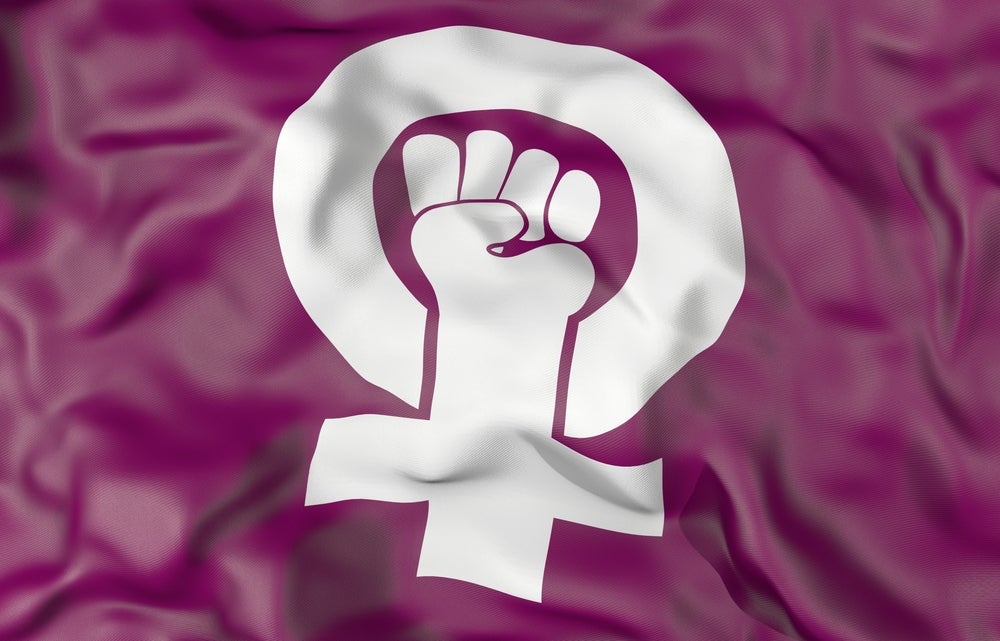Some 18 governments, who are all members of the Feminist Foreign Policy (FFP+) group, expressed their declaration for a feminist foreign policy (FFP) during the 2023 United Nations General Assembly (UNGA).
However; the declaration comes at a time of intense global geopolitical relations and heightened realpolitik, which has inspired this article to briefly assess the reality of an FFP and whether it could lessen current tensions and counter the risk of history repeating itself under traditional foreign policy approaches.
What is a feminist foreign policy?
The governments of Albania, Argentina, Belgium, Canada, Chile, Colombia, Costa Rica, France, Germany, Israel, Liberia, Luxembourg, Mexico, Mongolia, Rwanda, Spain, The Kingdom of the Netherlands, and Tunisia committed to six actions (Demonstrate, Integrate, Strive, Collaborate, Cooperate, and Commit) as part of the FFP declaration, demonstrating how they plan to put theory into practice.
FFP takes an alternative approach to the current patriarchal lens, which is rooted in a history of imperialism, capitalism, and colonialism. With these characterizations, the status quo inherently marginalizes groups according to gender, race, ethnicity, class, socioeconomic status, and so forth.
The feminist foreign policy concept, which was coined by former Swedish Foreign Affairs Minister (2014–2019) Margot Wallström, serves to counter these imbalances by using diplomatic and foreign policy tools to overcome systemic injustices with human security and peace at the forefront.
To do this it aims to tackle sexual and sexist violence; improve the education of women and girls and men and boys; achieve economic emancipation of women across the world; involve women in politics and decision-making; and involve women in peace negotiations and treaties.
How well do you really know your competitors?
Access the most comprehensive Company Profiles on the market, powered by GlobalData. Save hours of research. Gain competitive edge.

Thank you!
Your download email will arrive shortly
Not ready to buy yet? Download a free sample
We are confident about the unique quality of our Company Profiles. However, we want you to make the most beneficial decision for your business, so we offer a free sample that you can download by submitting the below form
By GlobalDataMore than female representation
The representation of women in diplomacy is poor, Politico calculated that out of the 34 countries that spoke at the 2023 UNGA, only three were represented by women, and in its 80-year history, the UN still has not had a female secretary general.
It was not until 2006 that the UK had a female foreign secretary, Margaret Beckett, and since then the only other female who has served was Liz Truss (September 2021–September 2022). The lack of female representation in diplomacy by global powers highlights the urgent need to enhance their participation, which is of paramount importance for a feminist foreign policy.
However; achieving a FFP is not simply a tick box exercise of having women represented if patriarchal values still hold. It also needs to achieve its goals of overcoming systematic and structural inequalities and challenging the academic Realist assumptions of Realpolitik international relations—that global politics is always and necessarily a field of conflict among actors pursuing wealth and power.
Challenges at the UN Security Council
Optimistically, the UN Deputy Secretary-General is a woman, Amina Mohammed, and she remarked that feminist diplomacy is essential to overcoming today’s global challenges, utilizing dialogue, engagement, cooperation, and peace tools as opposed to confrontation.
Additionally, a global study of United Nations Security Council (UNSC) resolutions found that women’s participation in the peace-building process increased the likelihood that a peace agreement would last at least two years by 20%, and increased the probability it would last 15 years by 35%. Making this a reality at the UNSC, however, could be challenging, given that out of the five permanent UNSC members only France has adopted a FFP.
Permanent members have the power to veto any decision put towards the Council, so unless all members adopt a FFP, having it as the UNSC’s benchmark could be a challenge. While it is promising that 18 countries have adopted a FFP, all major powers, especially the UNSC permanent members, need to be on board given their international influence. This will be the biggest obstacle to achieving universal FFPs.
Overcoming Realpolitik
In an increasingly hostile geopolitical environment, realpolitik dynamics are growing. This is evidenced by tense US-China relations and the Russia-Ukraine war. Consequently, to achieve peace and stymie other heightened military threats, now more than ever, there must be calls for a peaceful demilitarized approach to state relations and diplomacy.
Realpolitik approaches in the past have led to disastrous global conflicts, which is why it is important not to succumb to the view that warfare is an inevitable part of international relations. Given the reality of Realist politics is far from ideal, we do not have much to lose by pursuing alternative options, such as a feminist foreign policy.
The world would benefit from less testosterone-influenced diplomatic decisions where too often ego and anger have led us to disastrous wars. As Mohamed El-Erian said at a panel on the launch of his co-authored book Permacrisis – A Plan to Fix Our Fractured World, current global leaders are good at successfully resolving and containing crises but not good at the peace aspect. A fully implemented FFP could therefore be the solution leaders need to better achieve peace.








